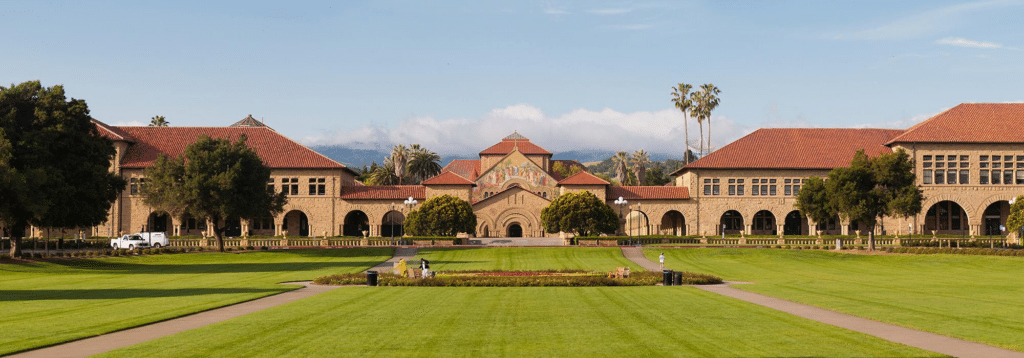
Liberalism Bows Out Of Free Speech Fight
Of the several unwelcome revelations in the past six years, the most politically significant is that liberalism as a political philosophy is dead. Oh, there may still be some individuals who identify with it, but for the most part they are old, retired, or cowed into silence by the howling mobs of progressives, the “woke,” and the identitarian left.
And how do we know this? We know it by the collapse of colleges and universities as places of open debate and inquiry. And we know it by the abandonment of any kind of honest and principled journalism by the vast majority of the legacy and social media. For decades these two institutions, the press and the academy, have been the white hot center of American liberalism, and their metamorphosis into woke and progressive fortresses signals the end of it.
How else to explain the spectacle of acceptance, if not the promotion, of censoring, shadow banning, and cancelling? Or the spread of CRT concepts in education from elementary school to college? Or the hostility shown toward Elon Musk’s stated goal of reinstating free speech on Twitter? Or the thuggish and uniform media lies regarding stories like the origin of COVID-19 and authenticity of Hunter Biden’s laptop?
You don’t have to admire or share the philosophy to know that liberalism is, or was, popularly likened to virtues like tolerance and broad-mindedness. But none of the examples above reflect any of those qualities. Just the opposite.
In the summer of 2020, Harper’s magazine published an open letter signed by 150 or so people, most of whom would then have been regarded as liberals. In it, the signers made clear their dismay over the attacks on freedom of speech:
The free exchange of information and ideas, the lifeblood of a liberal society, is daily becoming more constricted. While we have come to expect this on the radical right, censoriousness is also spreading more widely in our culture; an intolerance of opposing views, a vogue for public shaming and ostracism, and the tendency to dissolve complex policy issues in a blinding moral certainty.
More troubling still, institutional leaders, in a spirit of panicked damage control, are delivering hasty and disproportionate punishments instead of considered reforms. Editors are fired for running controversial pieces; books are withdrawn for alleged inauthenticity; journalists are barred from writing on certain topics; professors are investigated for quoting works of literature in class; and the heads of organizations are ousted for what are sometimes just clumsy mistakes.
At the time of its publication the letter looked like it might be the beginning of a powerful liberal backlash against the illiberal machinations of progressives and the like. In hindsight it looks like the last gasp of an exhausted stock.
As shocking and despicable as the attacks on free speech are, there have been hints that the media would not be offended, and might even be supportive of them.
During the many years that I was the head of a Washington think tank supported financially by media and communication companies, I had many meetings with members of the media, from broadcasting and cable to print and digital organizations, and it pains me to say that with few exceptions they evinced a resolute, not to say self-righteous, interest in freedom of the press, but little or no interest in the free speech of people generally.
When pressed to do so they might provide limited support for events like Free Speech Week, but the point survives. In overwhelming numbers media executives, communications lawyers, journalists, and media trade associations appreciate the First Amendment for its protection of freedom of the press, not for its protection of free speech for everyone.
This article was originally published by RealClearPolitics and made available via RealClearWire.



